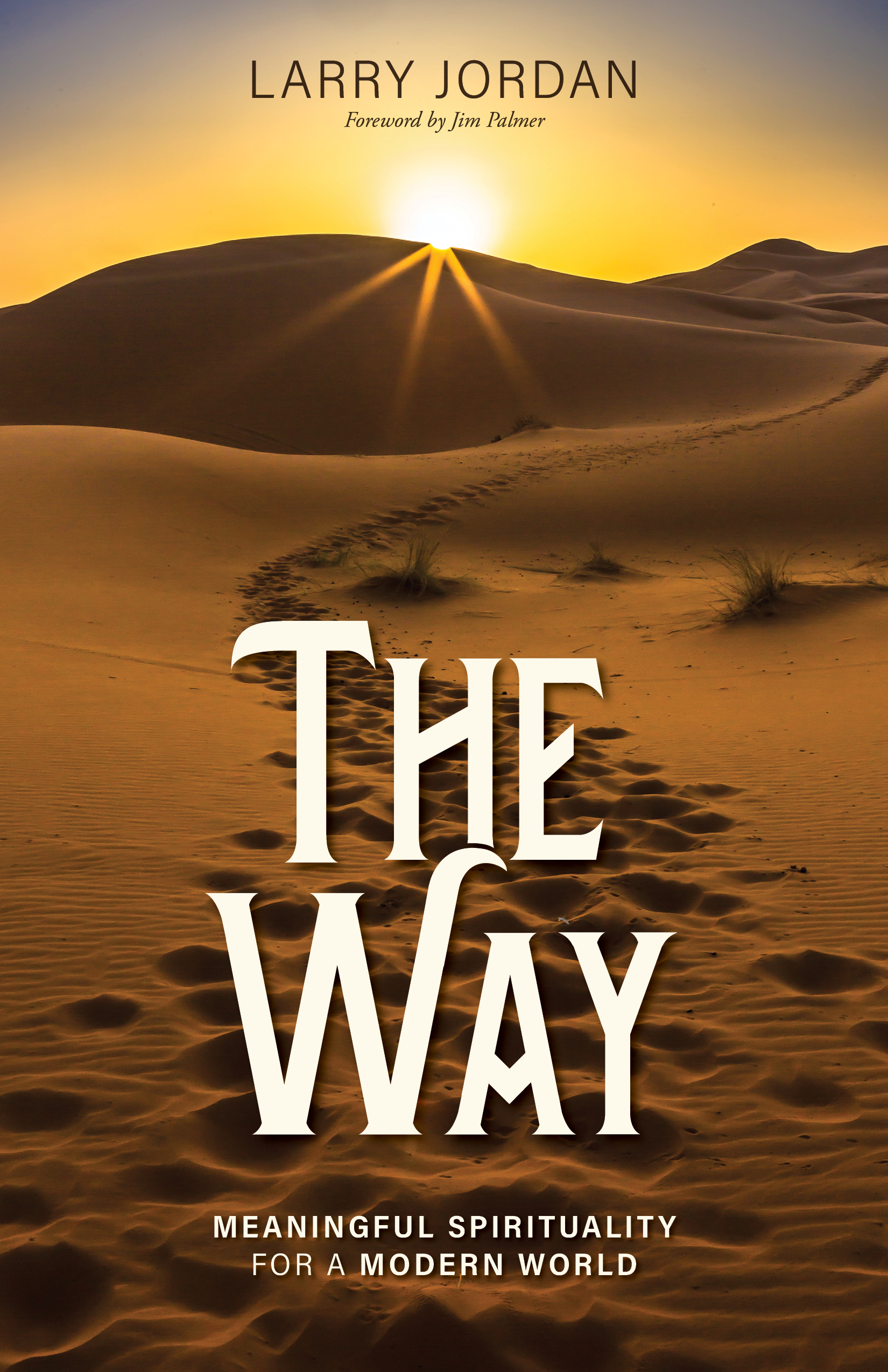Love: Attraction, Impersonality, Unconditionality, and Witness
A few years ago, I read a book that suggested that the Universe is governed by attraction. In the physical world, we call it "gravity," and in the metaphysical world, we call it "love."
In this sense, liking and loving are two different things. When we like someone, it usually has something to do with their uniqueness -- their appearance or their intellect or their character -- but when we love someone, it is impersonal (pure) and unconditional in the broadest sense.
This is inherent in the Eastern worldview, where there is no separation and where any uniqueness is ephemeral and superficial. Ideally, we love everyone. Does that mean that we love our family and friends any less? No, it means that we love everyone else more.
This used to be a difficult teaching for me to understand. Impersonality seemed cold, and unconditionality seemed unrealistic. How could I ever love everyone?
During a week-long Zen retreat, I realized that I was narrating the experience to myself and that my "monkey mind" was chattering constantly. I resolved to myself that next time, I would NOT be taking "Larry Jordan" to the zendo and that I would be processing the experience impersonally.
The slate was wiped clean. As soon as I entered the zendo, I saw everyone and everything as if I were seeing them for the first time. I was awash in a warm, wet sensation of impersonal (pure) and unconditional love.
Sometimes, we think that we make things better when we bring our emotions, but often, our emotions are complications (at best) and obstacles (at worst.) In fact, we can have better results when we check our "baggage" at the door.
When I think about problems with people that I have ever encountered in my personal or professional life, they all originated from insecurities or wounds, which arise from conditionality and emotional baggage. Have we ever truly suffered, when we knew that we were purely and unconditionally loved?
Ideally, all of our interactions are intentional. We are seeing and hearing people without baggage or preconceptions or prejudices, letting them know that they are seen and heard. We are attending to their needs and making them realize that they are secure in our presence. Sometimes, we are giving them autonomy or space, which indicates our trust in them.
A friend told me that an important aspect of a lasting relationship is "witnessing," acknowledging that we have witnessed their lives and that they have witnessed ours. "You can do this; you have done it before." It can mean witnessing like the legal term, too -- I attest for you, and I validate your truths.
My goal is not to like everyone (which is not possible) but to love everyone, recognizing that everyone is worthy of being seen and heard, of being attended to, of feeling secure, and of knowing that we stand with them purely and unconditionally, attesting for them and validating their truths.

